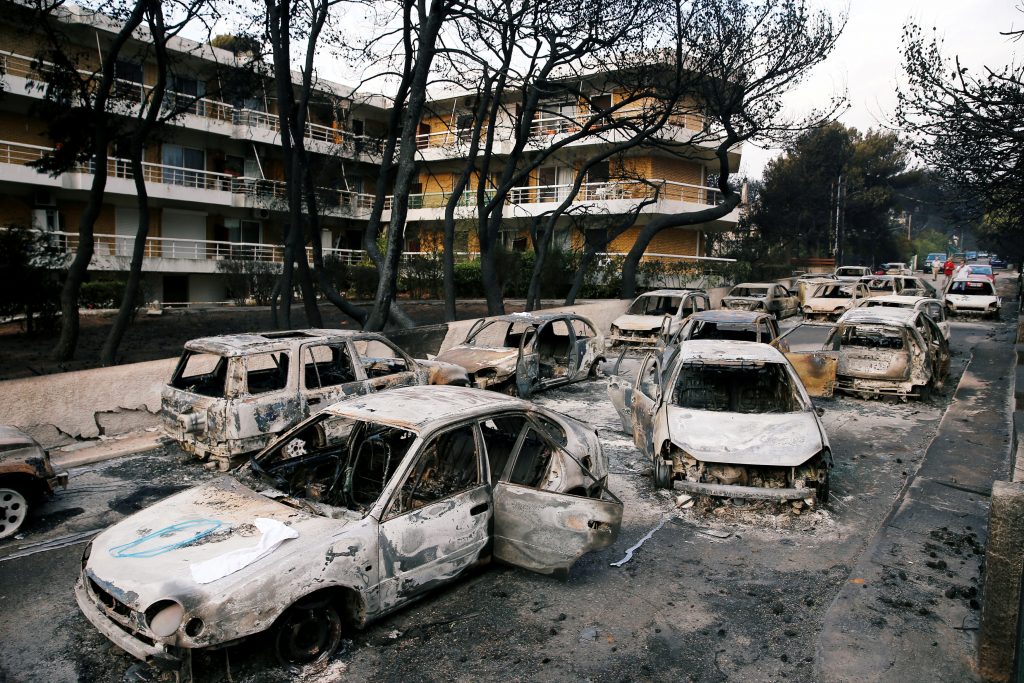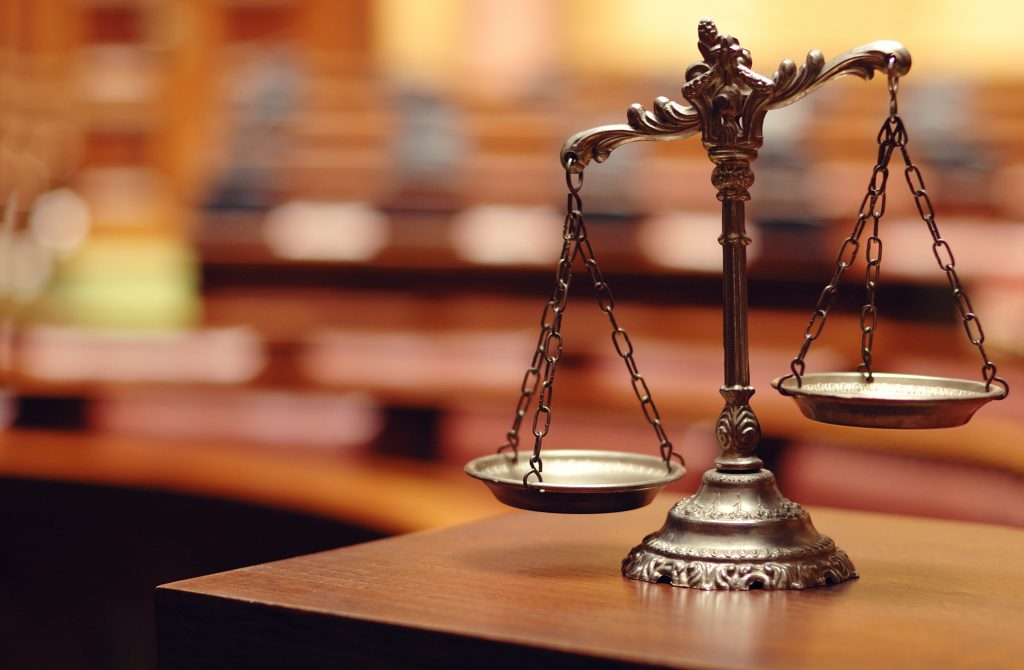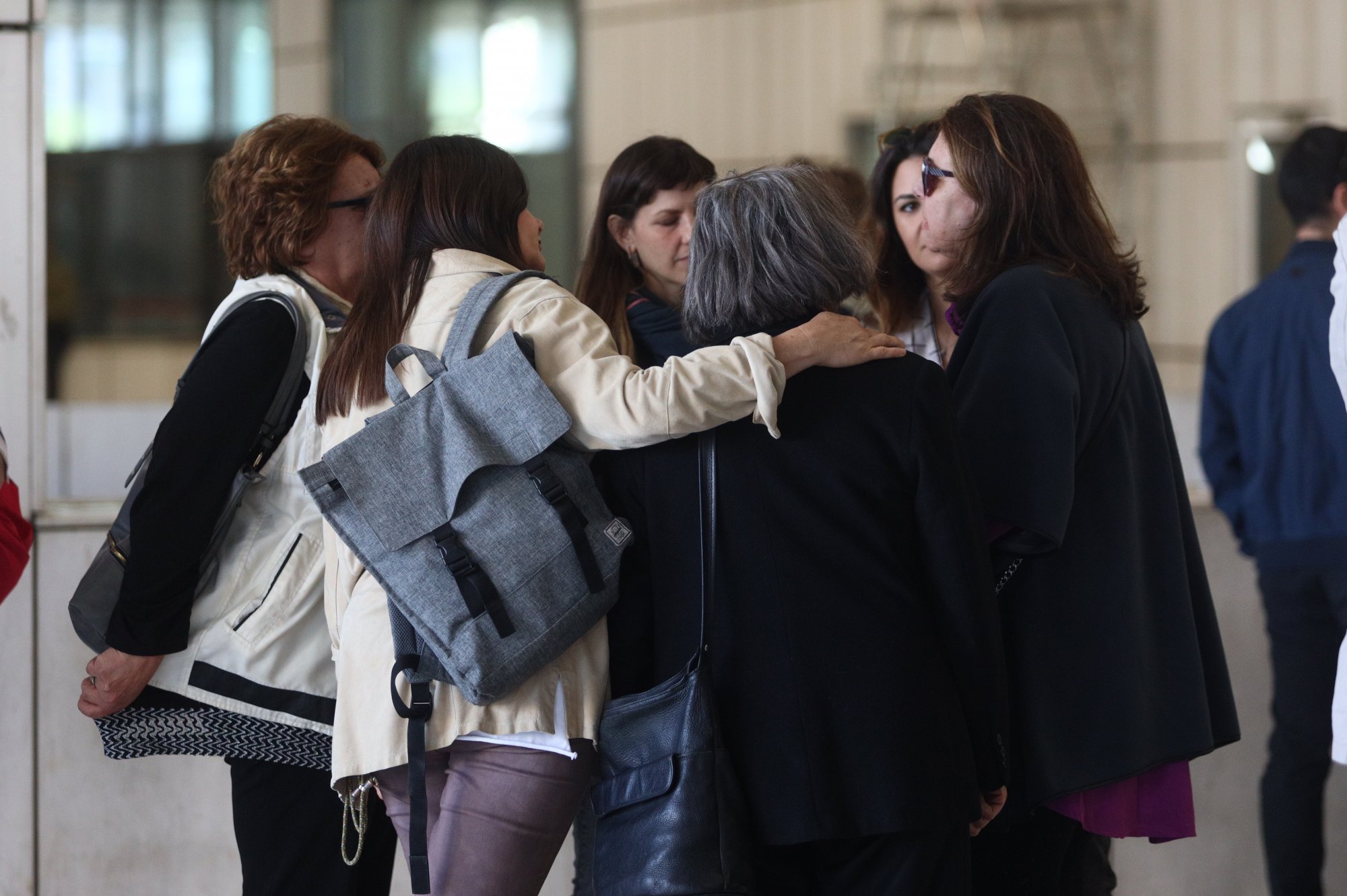A long-overdue conclusion in the delay-fraught trial related to the deadly July 2018 wildfire that scorched the coastal vacation settlement of Mati, east of Athens proper, found six out of 21 defendants guilty of misdemeanor offenses.
One of the six was an elderly man, Konstantinos Angelopoulos, who was charged and convicted of involuntary manslaughter by starting the blaze at the Daou, Penteli site. The blaze stemmed from his attempt to burn collected garden refuse, spreading eastwards by gale-force winds to envelop the seaside resort.
The deadliest wildfire on record in the east Mediterranean country claimed the lives of 107 people, including children, while leaving scores of people injured, some with third-degree burns.
According to To Vima, the Athens first instance courthouse was filled with relatives of the victims and survivors, many of which bared visible burns and scars from the wildfire, as the verdict was read out.
Upon hearing the verdict, several relatives of victims and survivors burst out in anger, shouting “They should have gone to jail by themselves! All innocent? There is no justice!” Another victim’s relative shouted “Damn you, you have no brains! Not even an apology. Shame on you!”
The verdict
The decision was announced on Monday morning and, according to To Vima, the court followed the bench prosecution’s recommendation and found the then chief of the fire brigade, Sotiris Terzoudis, guilty for negligent homicide and negligent bodily harm.
The deputy chief at the time, Vassilis Matheopoulos, was found guilty of negligent homicide related to the death of nine people who drowned in the sea in an attempt to escape the flames and smoke from the wildfire.
The former head of an agency with the wordy title of “National Strategy for Social Inclusion and Poverty Reduction” was also convicted of negligent manslaughter, while the commander of the fire brigade in east Attica, Charalambos Hionis, was found guilty of manslaughter for 102 people and the bodily injury for another 32 persons.
Victims’ relatives and survivors were angered that higher-ranking office-holders were cleared of all charges. Meanwhile, several officers of the fire brigade were also acquitted.
Specifically, the following office-holders were acquitted: the former General Secretary of Civil Protection, Ioannis Kapakis; the former governor of the Attica Region, Rena Dourou; the former mayor of Marathon, Elias Psinakis; the former mayor of Penteli, Dimitrios-Stergios Kapsalis; the former deputy mayor of the municipality of Marathon, Vaios Thanasias; the former mayor of Rafina-Pikermi, Evangelos Bournous, and the former deputy mayor of Rafina-Pikermi, Antonis Palpatzis.
All of the sentences automatically carry a suspended term, meaning that the six convicted defendants will pay a fine equivalent to some 10 euros per day of the sentence.
Under Greek law, the state’s prosecution has the right to appeal both the acquittals and the conviction terms to the appellate level.

FILE PHOTO: Burned cars are seen following a wildfire at the seaside settlement of Mati, on the eastern coast of Attica prefecture, east of Athens, Greece, July 24, 2018. REUTERS/Costas Baltas/File Photo
The Mati Wildfire
What has come to be known in Greece as the “Mati wildfire” started July 23, 2018, east of Athens and on the eastern slopes of the Penteli mountain range. The blaze spread rapidly to the east-northeast, fueled by gusty winds, burning in its wake the settlements of Neos Voutzas, Mati and the Kokkino Limaniki bay.
The winds were recorded as extremely gusty, reaching 124 kilometers per hour, or 12 on the Beaufort scale. The wildfire was so sudden and intense that people were trapped in their homes and cars, some stuck in a traffic jam as they tried to flee the area, and burned alive.
Meanwhile, many people raced towards a cliff-side to try to be evacuated by sea, but were unable to reach the shore as fences blocked access to the water’s edge.
The wildfire was the second deadliest in the 21st century and followed a heatwave that spread through Europe, and resulted in the deaths of 104 persons and the severe injury of dozens more.
Then Greek prime minister Alexis Tsipras declared a state of emergency and around 700 residents were evacuated or rescued by land and sea, while it is reported that 4,000 persons were somehow impacted by the fires. Tsipras personally, and his coalition government as a whole, faced a firestorm of criticism and opprobrium in the media and Greek society for alleged negligence and incompetency in allowing the devastating wildfire to spread, as well as failing to evacuate the site in a timely and organized manner.
Tsipras was also vilified for appearing live on television at the fire brigade’s operations center on the evening of the tragedy, and after the flames had essentially reached the sea, to ask “when the (fire-fighting) planes will begin patrolling in the morning.” Allegations by the opposition at the time also maintained that authorities realized the same evening that scores of people had been killed and had briefed the country’s political leadership.
Accountability
A report on the wildfire, published the following year, detailed the many contributing factors leading to the deadly nature of the blaze, beyond weather conditions.
The report cited severe mismanagement by the police and fire brigade services, poor coordination, illegally built residences, small and narrow streets at the settlement, lack of properly marked evacuation routes and homes which illegally blocked public access to the shore. The entire Mati site at the time was heavily covered with pine trees.
The public, relatives of victims and survivors have been angered by what they consider an excessively slow justice system, as almost six years went by since the tragedy.
Meanwhile, the ruling comes at a time when citizens’ faith in the rule of law in Greece is at an all-time low, with seven out of 10 recently polled citizens saying they don’t trust the justice system.






